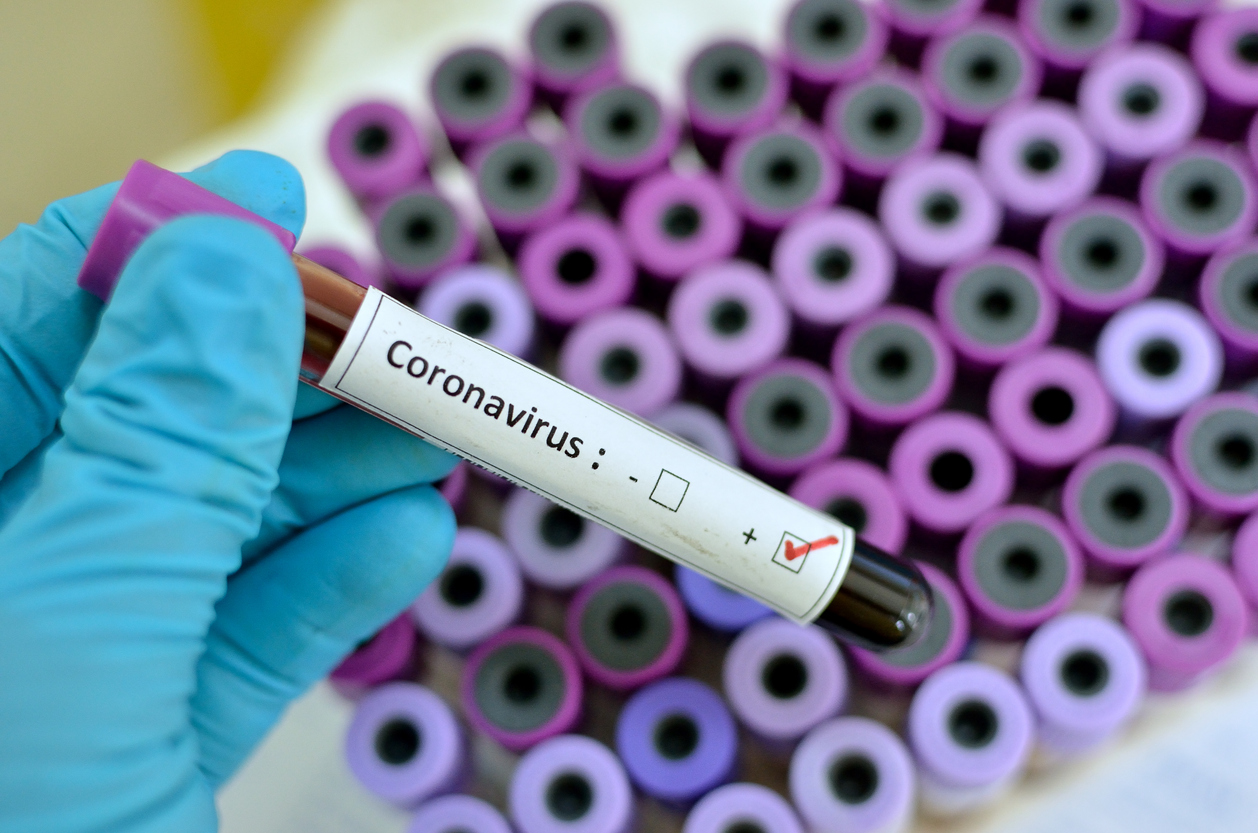Big pharma joins hunt for coronavirus vaccine as outbreak escalates

Big pharma has joined the hunt for a vaccine for the deadly coronavirus outbreak that is beginning to spread around the world from its origins in China.
As the number of confirmed cases globally increased to 800, and the death toll reached 26 people, Paul Stoffels, chief scientific officer at Johnson & Johnson, said the company’s scientists had already begun working on a potential vaccine.
In the UK, 14 people have been tested and none have been positive, although the experts predict it will reach the country.
Stoffels told the BBC Radio 4's Today news and current affairs radio programme that J&J’s scientists have already done “basic work” on a vaccine.
Any vaccine is at least a year away said Stoffels, although this is a vast improvement on development time seen for the Ebola virus, which took several years to produce.
Stoffels told the BBC: “The sequence of the virus, the genetic material, has been available for a few weeks. Most of the laboratories in the pharmaceutical industry are able to work from that information to construct vaccines.
“As an industry we are just people and we feel about the world and use our capabilities to make a difference. The lab technicians and scientists without me asking told me today they advanced the first version of a vaccine in the laboratory.
“There is so much technology now that you can do this very fast. That will take several months before the product will be able to be tested in the clinic.”
Meanwhile, the Coalition for Epidemic Preparedness Innovations (CEPI), said it had begun three programmes to develop vaccines against the new virus strain, dubbed nCoV-2019.
The vaccine development efforts will build on existing partnerships with US biotech Inovio and The University of Brisbane in Australia.
A public-private partnership launched at Davos in 2017, CEPI is already working with Inovio on a DNA vaccine candidate against Middle East Respiratory Syndrome (MERS), and is looking at “molecular clamp” vaccines with the university that could work against several different viruses.
Moderna has agreed to manufacture an mRNA vaccine against 2019-nCoV, which will be funded by CEPI.
The Vaccine Research Center, part of the US National Institute of Allergy and Infectious Diseases (NIAID), worked with Moderna to design the vaccine.
NIAID, part of the US-government funded National Institutes of Health, will conduct pre-clinical studies and a US-based phase 1 clinical study.












